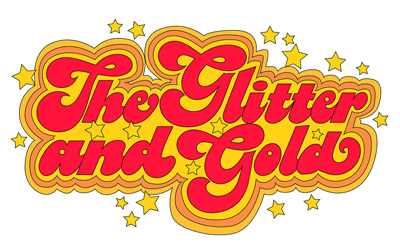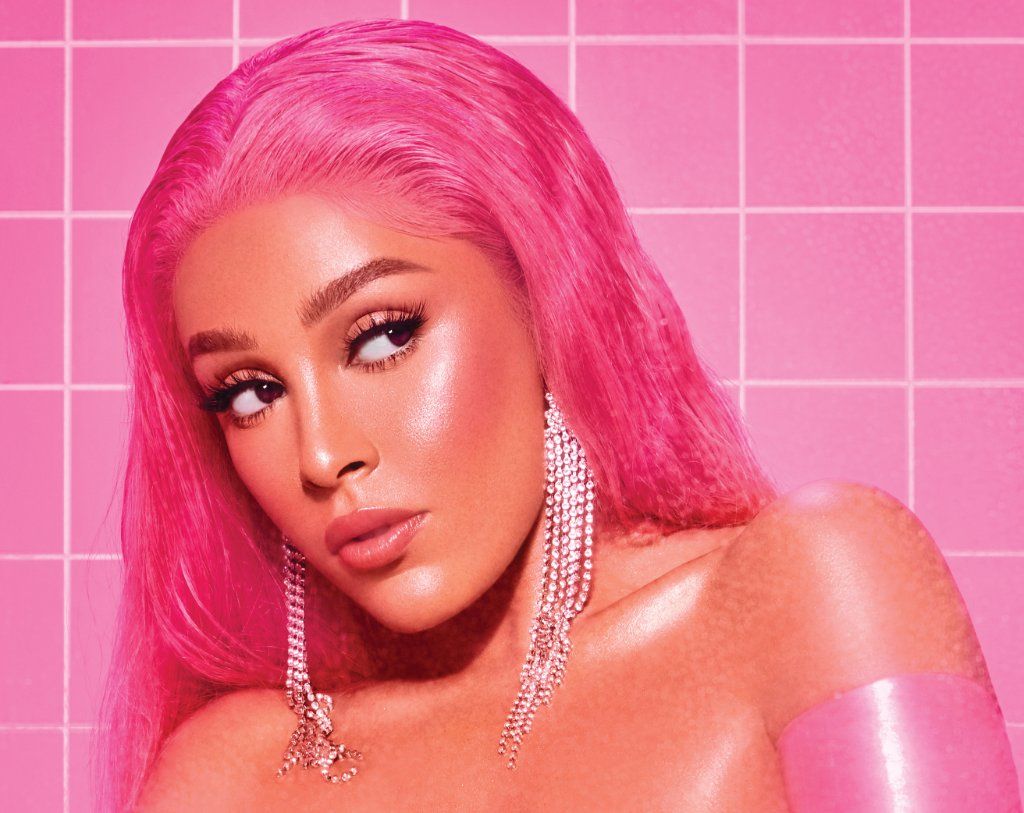2021 has seen an enormous surge of interest in Asian artists and entertainment. Championed by girl group Blackpink and boyband BTS, the K-pop industry has become a $5 billion phenomenon. Just over a year ago today, Bong Joon-ho’s film Parasite became the first non-English language film to win an Academy Award for Best Picture. Arising in response to a series of violent assaults, the #StopAsianHate movement has also gained widespread support from Hollywood as well as the fashion industry. While this increasing visibility is positive, the discrimination faced by many Asian artists has by no means lessened. What is more, many of the barriers they face are invisible to a mainstream audience.
LGBTQ+ Asian artists face many hurdles
Asian LGBTQ+ artists in particular face many hurdles. The pressure placed on them behind the scenes is often intense. It starts at home. Asian households can commonly experience a lack of affection and communication about feelings. Parents often place more care on family reputation, pride, and honour than the wellbeing of children.
Inside of the industry, Asian artists are subject to criticism from management and others for publicly announcing or displaying their sexual identity. K-pop stars, for example, are subject to stringent rules when it comes to dating. It is standard practice for many management agencies to enforce dating bans upon all their artists. Public same-sex relationships are forbidden outright.
LGBTQ+ artists live in fear that the discovery of their true sexual identity will alienate them from their fan base. Others face criminal penalties, threats, ostracism, and even violence. Many hide. But not all. Riding on a new wave of cultural interest many Asian acts are defying taboos (and even the law) to empower others.

At the time of writing, K-pop superstars Blackpink have been streamed 18.1 billion on YouTube alone.
In many countries coming out is still a crime
Alextbh is the stage name of Alex Bong. At 22, he has opened for international superstars such as Khalid and Clean Bandit. He also enjoys a large domestic following of his own and has amassed more than 20 million streams on Spotify.
As one of the few openly gay musicians in Malaysia his popularity offers no privileges when it comes to the harsh criminal regulations his government places on its LGBTQ+ Community. Queer-identifying Malaysians regularly face discrimination. The infamous Section 377 of the nation’s Penal Code bans same-sex relations.
“Whoever voluntarily has carnal intercourse against the order of nature with any man, woman or animal,” the law reads, “shall be punished with imprisonment for life, or with imprisonment of either description for a term which may extend to ten years, and shall also be liable to fine.” Malaysian censorship laws further restrict LGBTQ+ individuals to speak out in opposition.
Alex views these laws as tyrannical. In Malaysia, he reveals, it is just as important to take into account how the government will react when coming out as the general public. Despite the public stigma and legal penalties, Alex decided to come out openly as gay through his music when his first relationship came to an end at 18 years old.
He is glad he did. When Alextbh publicly announced his sexuality it provided many others within his community a sense of comfort. “No matter what,” he now reflects, “you will always face public scrutiny. The less time you feed into that, the more time you get to perfect your art…There’s nothing more gratifying in being an artist than to live through the art you create with full honesty.”

Alex Bong poses for a promotional image.
LGBTQ+ Asian artists have limited work opportunities
Indonesia is currently amidst a wave of increasing discrimination toward LGBTQ+ individuals. Kai Mata is one example of an artist trying to make the best of these challenging circumstances. In 2020 she went public with her sexuality. After breaking the news on Twitter, her announcement received more than 400,000 views.
While Kai served as an inspiration to many others, she has also been the subject of hate messages. Mata has received as many as 400 threatening messages in a single day. Many urged her to leave Indonesia. “More visibility helps showcase how diverse and expansive our LGBTQ+ community is,” an undaunted Mata shares, “humanising us in a way that is needed, while also providing relatable figures in media for our fellow LGBTQ+ friends.”
Kai, however, is one of the few. In Indonesia, coming out in public is rare. Despite this, Mata does not think others should be afraid of public scrutiny. “Having your sexual and gender identity publicly known is your choice to make,” she shares, “the only thing that matters is you do so when you’re ready and solid enough in your own emotional landscape to handle the potential public scrutiny—both the overt and covert homophobia.”
Kai has a positive outlook. “For me,” she confides, “coming out publicly gave me an ever-growing loyal fanbase and my own sense of feeling like I’m not alone, and that makes it worth the hate and limitations of work opportunities due to being considered a ‘risky’ person for many companies and brands to associate themselves with.”
Mata also reveals that it was her strong support system of fans and members of the LBGTQ+ community that motivated her to come out publicly. Despite the threats, she plans to stay in Indonesia. In doing so she hopes to increase the representation and visibility of the LGBTQ+ community.

Kai Mata expresses her pride.
The decision to come out is life-changing
Shh…Diam! literally translates to “shut up!” Based in Malaysia, the punk group makes a mockery of those who want to silence the country’s LGBTQ+ community. Shh…Diam! uses music to discuss gay and transgender issues in their home country.
“Make sure [you] have a support network,” the band advises those planning to come out, “especially if [you] come from a country that criminalizes LGBT. Understand the risks of being public and be prepared to face them. It’s liberating to be yourself, but also be prepared for responses from people who may not be accepting of who you are. This can mean trying to talk to them and answering a lot of questions you might not feel comfortable with, or cutting them off completely.”
The decision to come out, they share is life-changing. “Your life,” they add, “will never be the same once you choose to be public and there may be many doors that will close on you… We need more people to be out and proud but we would never wish for them to be in danger. Take your own time to come out.”

What the future holds for Asian artists
More and more, Asian LGBTQ+ musicians are coming out. In doing so they provide inspiration to others while helping establish safe spaces for others who struggle to find acceptance. Despite the glamourous images Asian superstar acts convey to Western audiences, many live in communities where their sexual identity is considered taboo and pseudoscientific “treatments” like conversion therapy are commonplace. Despite the very real discrimination, many continue to fearlessly break new ground. Shh…Diam!, Kai Mata, and AlexTBH are but three examples. The work of K-flay’s partner Miya Folick, ‘Cherry’ songwriter Rina Sawayama and openly gay K-pop idol Holland also bear mention.
As more LGBTQ+ artists find spaces to present their authentic selves to the world, their sexuality is becoming more accepted. This said many are far away from receiving the equal treatment to which all human beings are entitled. Nevertheless, LGBTQ+ Asian Artists continue to represent, humanise, and tell their stories. Despite the risks, they create solidarity and acceptance. The improtance of this work cannot be understated. They are progressing all of us toward a more inclusive world.










